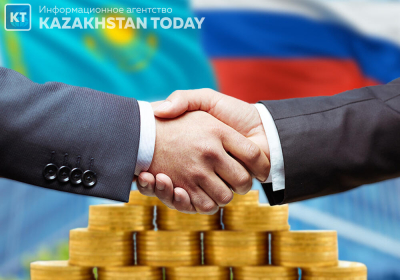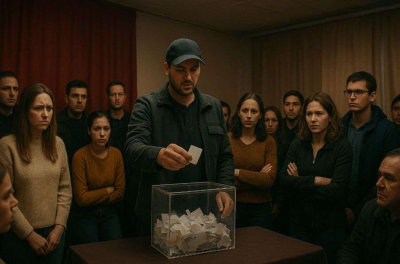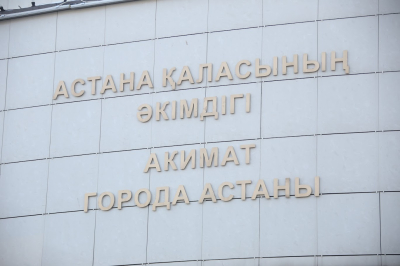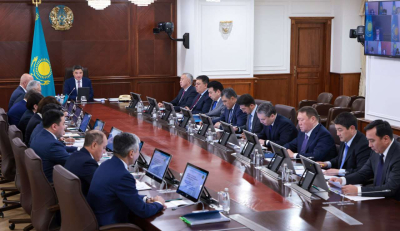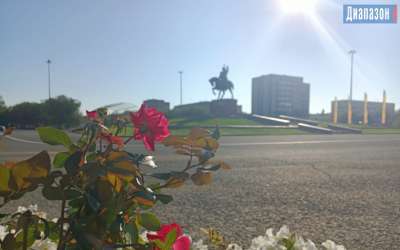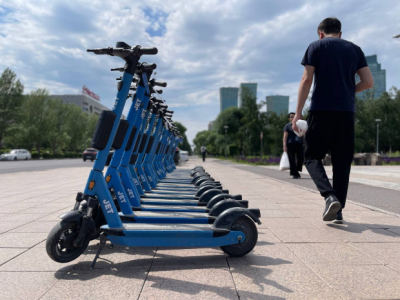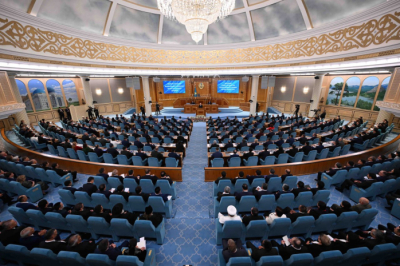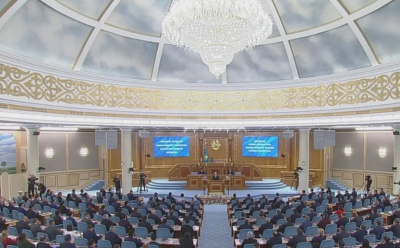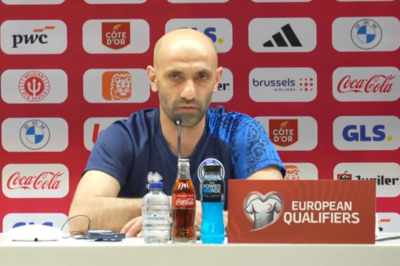The voices of the people who left Russia
Russia has experienced a massive outbound migration since the start of its large-scale invasion of Ukraine in February 2022. Estimates around how many people have left the country permanently vary between 500,000 and one million. There are multiple reasons that led to such a large emigration. Some left against the backdrop of increased internal political repression, in an effort to preserve their safety. Others moved away to dodge the draft. Another segment left to keep their jobs in the face of Western sanctions against individuals and companies.
The umbrella term often used for Russians that have left in the past two years is “relokanty” (“those who moved”, in Russian).
A study by the Center for European Policy Analysis argues that relokanty can be split into four macro-categories.
The first includes journalists, activists, and members of non-governmental organizations. People with a precise political positioning, which is also at the center of their work. This group would number no more than a few thousand.
The second is represented by the urban liberal ‘intelligentsia’, especially academics, perhaps with consolidated relationships with universities, institutes, research centers, and foundations in Europe or the US. They left the country not due to an immediate threat to their safety, but rather in an effort to maintain their intellectual freedom while keeping their academic career.
The third category of relokanty includes managers and senior figures of large companies, banks and enterprises.
The fourth and final category mostly includes those who work in IT: coders, computer engineers, data analysts, and developers, who after the imposition of sanctions by the West would not have been able to continue their work, or who – if employed in Russian companies – can work remotely. This is the largest category, which saw a sharp increase after the announcement of a further military mobilization in September 2022. These categories can often overlap, creating a complex picture.
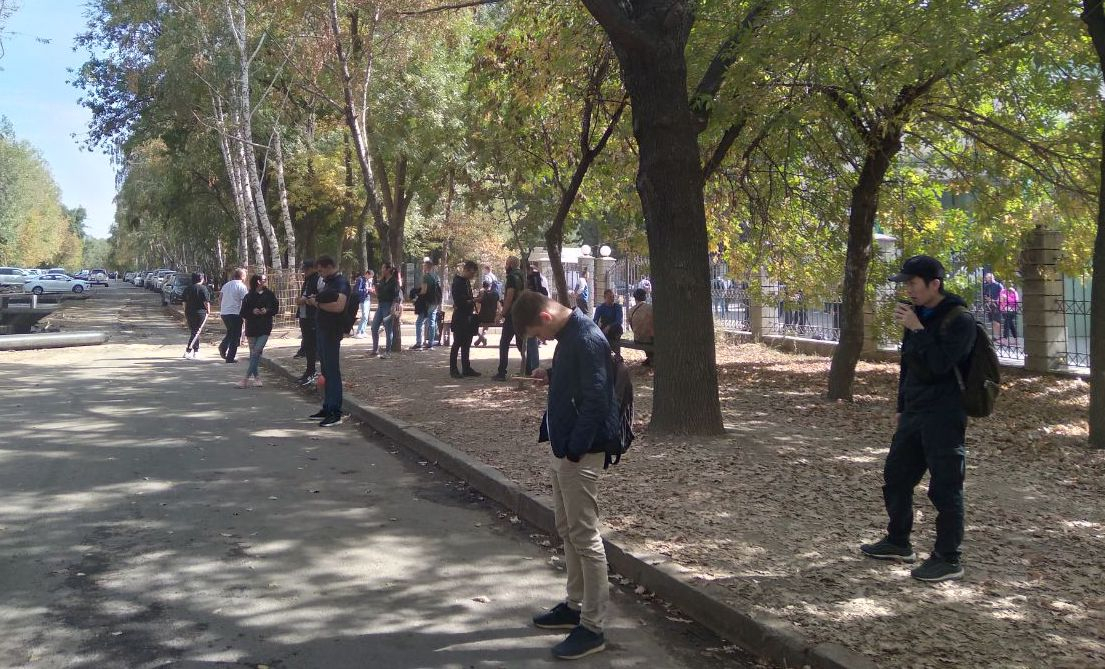
In the great migratory waves of the last century (particularly in the years of Stalin’s terror) the citizens of Imperial and Soviet Russia mostly moved to Western Europe, to China, and then to the United States and Israel. Now, the new relokanty choose other destinations, mainly for visa and residence permit reasons. Among the most frequent destinations are former Soviet Republics such as Armenia, Georgia, Uzbekistan and Kazakhstan. Serbia and Montenegro are also common destinations, because they allow visa-free stays. This wave of migration, however, has often caused friction with local populations, due to ethnic issues and linked to the perception of Russians as representatives of their country’s imperialist force, as in the case of Georgia and Kazakhstan, so much so as to raise concerns regarding national security. [Editor’s note: The wave of migration of Russian citizens to Kazakhstan that started in 2022 became a topic of debate inside the country.]
The European Union (EU) is also a frequent destination. Many refugees were welcomed in Germany, the Czech Republic, and Poland. Berlin, specifically, has become an important hub for the dissident intellectual bubble. Several political and news organizations have moved their headquarters to the Baltics (especially to Latvia and Lithuania), such as Meduza, Novaya Gazeta, Dozhd, and DOXA. Even within the EU, however, several states have expressed concern about national security, and there has been no shortage of friction: In September 2022, the Estonian government introduced an entry ban on Russian citizens, even those carrying a regular Schengen visa, and further restrictions on issuing visas to Russian citizens. The measure was harshly criticized by the EU authorities.
Collective Responsibility, Collective Guilt
The occasional pushback witnessed in the EU led some of the relokanty to raise questions of involvement, responsibility, and guilt towards their government’s brutal actions.
The question of collective guilt tends to adopt a criminalizing approach, while the issue of collective responsibility focuses more on the political consciousness and agency of individuals in relation to their context. This philosophical complexity, when analyzed by Russian scholars, draws attention to the fact that the Russian government has systematically denied citizens the possibility of participating in politics in a free and safe manner, thus eliminating the chance for the people to demand accountability.
The Russian diaspora is not a homogeneous community. Recently-settled Russians often meet with pre-existing groups, dating back to other waves of migration, and who are sometimes ideologically closer to the Kremlin or die-hard dissident groups.
Despite the complexity and fragmentation, there are many politically active and organized relokanty. The Map of Peace project connects communities of Russian expatriates engaged in anti-war activism abroad. These communities organize information gatherings and protests or demonstrations, often outside Russian embassies and consulates. Groups like Emigration for Action provide services to Ukrainian refugees through donations and fundraising as well as support for Russian refugees that oppose the regime.
Beyond the general overview, the direct testimonies of the relokanty can offer a glimpse into the personal experiences of those who have moved.
A Personal Choice
In academic and political debates we talk about "civil society in exile". But does the condition of exile provide an accurate description of the relokant experience? The word "exile" presupposes a formal obligation to leave the country. Technically, none of the people interviewed for this piece were issued such an order. It was the circumstances that made a move necessary. But when does necessity become forced?
“I’ve never felt like an exile,” says Ivan (name changed), a researcher at a British university. “After all, to be exiled, a person must have been expelled from the government or society. For me, leaving my country was a personal choice, developed over time. At a certain point I began to feel out of place in Russian society. It probably happened on 24 February 2022. From that moment on, threats from the government and limitations on freedom of expression, of information, and of research increased... It simply no longer made sense to stay."
For Katya, a journalist, and Anna, a data analyst, the decision to leave the country was a consequence of dramatic experiences.
“At the end of February 2022 they detained me during a demonstration against the invasion of Ukraine, in St. Petersburg. They kept me at the police station for two days, without a lawyer, without food or a place to sleep. A volunteer lawyer from OVD-Info defended me in court,” Anna said.
“This experience traumatized me. Even now, every time I see the police on the street, even here in Germany, I feel a surge of anxiety. After that episode I decided to leave. I didn’t agree with the government’s decisions, with the direction things were taking."
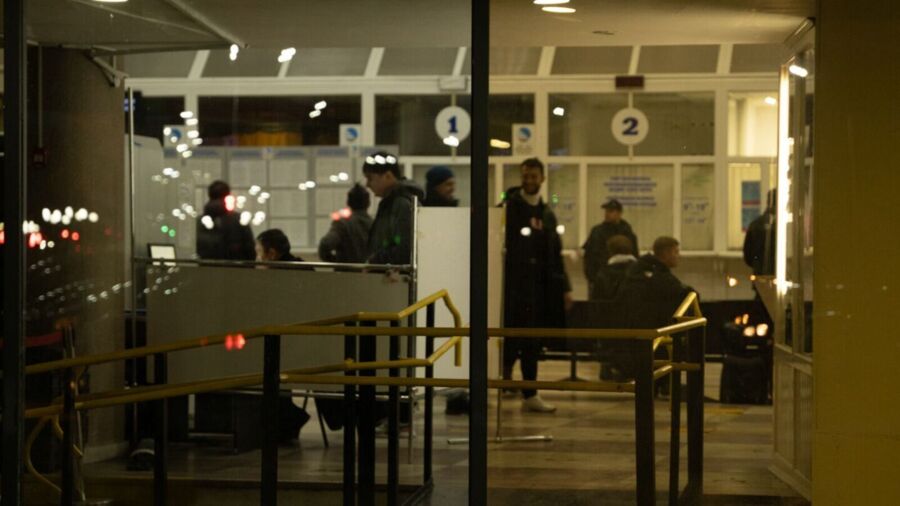
For some, the persecution began much earlier, and the invasion was the point of no return.
“I left Russia in the summer of 2021. In the spring of that year, some members of the editorial office where I work were arrested. I was stopped and interrogated, they came to search my house. I didn’t plan to leave Russia. I was only twenty-one years old, studying at university. I couldn’t even imagine what it meant to move abroad permanently. I thought I would return within a year, when things had calmed down,” Katya said.
“But then the war began, and I expressed my positions publicly. As a newspaper we have been following the invasion from its beginning, and for those, like me, who wrote about it without anonymity, returning would not be possible: We would all be arrested. It’s a controversial term, but that’s why I call myself ‘in exile’: I actually can’t return home safely.”
Angelina, a freelance journalist living in Berlin, said there is a difference between exiled and migrant people.
“When the war began I understood that it would be even more difficult and risky to work as a journalist in St. Petersburg. Very quickly I decided to move in March 2022. Many Russians question their identity: ‘Who are we? Exiles, relokanty, migrants?’ An exiled person is a person who has been evicted, pushed away. It’s not my case, mine was a choice. On the other hand, I’ve thought about it a lot, and I think that the fact that I can’t return without risking a lot makes me effectively an exile."
Sasha (name changed), an artist, thinks differently.
“I am a white, nonbinary person who independently decided to leave Russia due to the political situation. I first thought of it in 2011, after the protests against electoral fraud. In 2014, when Russia invaded Crimea and started a new aggression against Ukraine, I began to work seriously towards this goal. I wasn’t forced: I was never arrested, threatened, or persecuted by the authorities. I was just afraid of going to prison for my political art, for going to demonstrations, or for openly criticizing the government. I am not in exile, I cannot appropriate this word. I am a migrant.”
For Anna, the choice to leave has a second meaning.
“In addition to my safety, it is also a gesture of protest. I don’t want to support a state that kills people. Concretely, I don’t want my taxes going to the government and funding this war. I don’t want to work for Russian companies. I want to put myself at the service of others.”
This position is widespread among Russian relokanty, as researcher Galina Selivanova presented in a preliminary study on Russian communities abroad. The choice to leave is due to a premonition of concrete danger, but often also to a desire to escape from a disagreeable system, and to stop supporting it with one’s work, in circumstances in which there is no more space for formal opposition. For many relokanty, therefore, exile spills over into an active political position: desertion not just from the draft, but from the entire system.
Working Abroad
Those who left the country to secure freedom often sought and found it also and above all in the workplace.
Working abroad, however, can also be an opportunity for political maturation. Says Oleg, a researcher in Italy: “When I was in Russia, and the war broke out, I wanted to leave the academic world. Then the opportunity to move came, and then I decided to continue. I began to engage even more in social research, to collaborate with colleagues towards a common goal, towards a deeper understanding. Now we are much more cohesive.”
Professional and personal aspects of life become ever more intertwined, something that Oleg deems positive.
“I study Russian and Ukrainian civil societies, I deal with revolutions and dissidence. I try to understand the dynamics that underlie the events of these years. And as a result I began to participate more actively in grassroots politics. My research helps me understand concretely in which direction to fight.”
And for those who work in contact with Russia? Leonid, a coordinator at OVD-Info, a major Russian human rights organization.
“We are in exile, in the sense that we cannot return without finding ourselves in danger. But, in fact, nothing changes in our work. Our group is present throughout Russia, or almost. We rely on effective remote organization. If I have to work on data collected in Yekaterinburg, it doesn’t change much to do it from Moscow or from Barcelona. At the moment, for us, there is no separation, only the desire to strengthen our capabilities even further.”
The Consequences for the Diaspora
“I had a good time in London,” says Ivan, the researcher. "I’m lucky. It is a multicultural city, with a liberal spirit. No one cares where you come from, what your skin color is or your sexual orientation. When we moved [with the family, ed.], I was afraid of the judgment of others knowing that we are Russian. Instead we were welcomed with warmth and friendship. The Russian community in London seems ambiguous to me, however. On the one hand, they organize conferences at the Pushkin House, or demonstrations at the embassy. On the other hand, however, there are no concrete actions. Just words. There are no mutual support networks, no concrete help for those who have just arrived, or for those who are still in Russia and want to leave. In private we almost never talk about the war.”
Ivan said he noticed a lack of political engagement.
“I had the impression that no one wanted to recreate a ‘Russian civil society’ in London.”
“People are not politically engaged, both those who arrived after February 24 and those who have been here for years. It’s strange, because London is a city with an enormous ‘social capital’: there are many people with great economic and cultural resources. So there should be strong potential for self-organization. But that’s not what happens."
Together with disappointed expectations, the relationship with the past is often a source of self-reflection, and not necessarily a positive one.
Angelina said she was depressed for months after moving away.
“I felt overwhelmed by bureaucracy, and I saw my country doing more and more horrible things. I couldn’t get up, I just wanted to sleep. I lost two people dear to me in Russia (not because of the war), and I couldn’t go to the funeral. It was very difficult to accept. But then I realized that my life is now here. I continue to be very sad about what is happening in Ukraine, about what my country has become, because I miss my friends and my city. Sometimes I find myself ‘walking’ through the streets of St. Petersburg with Google Street View. This sadness is effectively part of me now, even though I feel like I’ve started a new life.”
Anna also faced challenges in adapting to a new life.
“Here in Frankfurt I didn’t know anyone. It’s very difficult for me to settle in. I’m studying German, but I’m ashamed because I don’t speak it well. All my loved ones are far away: friends, family, boyfriend. But perhaps this is the price to pay for safety and freedom.”
Bridges between the host country and the homeland are difficult to build, and even more difficult to maintain. Nostalgia is a shared feeling, but one that never occurs alone.
“From the outside, I always perceive a greater disconnect with everyday life in Russia,” says Katya. “Because of my work I am always up to date on news events. But it’s not enough. Not seeing what is happening in the streets of Moscow, not knowing what people are talking about, not seeing the billboards for military recruitment, not being able to talk freely with my brother, who goes to school and every day attends lessons steeped in propaganda in favor of war… All this has raised a wall between me and Russia. I felt a sense of loss and pain for a long time. As I’m getting over it, I feel like I almost belong to the Berlin community, but never completely. I’m a little stuck in the middle.”
Oleg wants to go back, but is afraid of the risks.
“Homesickness never leaves me. After all, Russia is my home. But every time I think about returning, I get scared. It’s not something I can plan. I don’t feel like taking such a big risk.”
“I feel great shame,” says Sasha. “I left out of fear of the danger that staying and fighting [against the government] would entail. This shame will never leave me."
Maria Chiara Franceschelli is a PhD candidate in Political Science and Sociology at the Scuola Normale Superiore in Florence, Italy.
This article was translated and abridged from its original version, published in Italian by Valigia Blu.
Поддержите журналистику, которой доверяют.





